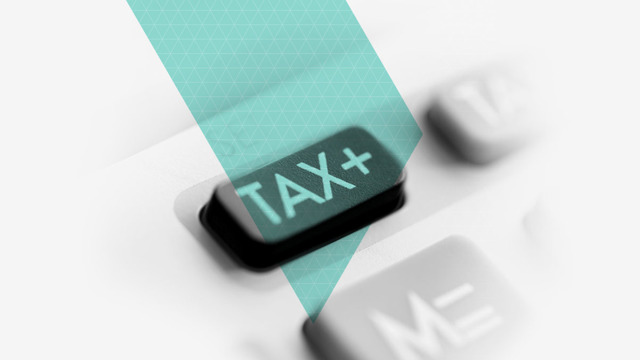Overview
The Russell McVeagh Tax team has provided submissions on Inland Revenue's recent draft Interpretation Statement regarding the income tax rules applying to general partnerships and limited partnerships (IRD Statement).
A copy of the IRD Statement can be found here.
A further Interpretation Statement on withholding tax obligations for payments made to a partnership is expected to be issued by Inland Revenue separately in due course.
Commercial context – limited partnerships as co-investment vehicle of choice
In the current commercial environment, certainty regarding income tax laws applying to limited partnerships is of critical importance.
For Budget 2024, the Government has identified the development of a long-term, sustainable pipeline of infrastructure investments as a priority.
Investments in infrastructure projects in New Zealand, including public-private partnerships (PPPs), typically use special purpose limited partnerships. These structures are well understood in the infrastructure finance market. The fact that a limited partnership is transparent for income tax purposes and offers flexibility to both domestic and international investors is helpful for encouraging new investment in infrastructure.
Investors in new PPPs and other infrastructure projects will invariably consider the use of limited partnerships which again highlights the importance of clear income tax principles in this area.
Limited partnerships – key submission points on tax issues
Russell McVeagh made submissions on points of legal interpretation giving rise to uncertainty that we frequently encounter in practice and where a published Inland Revenue view was considered to be helpful for taxpayers and advisers. In certain cases, legislative reform may ultimately be required where the current drafting does not facilitate a coherent legal position and provide certainty for commercial parties.
In summary, our submissions addressed the following issues:
-
Income tax transparency of partnerships
The transparency of partnerships for income tax purposes can give rise to issues regarding:
-
- Determining the purpose or intention of a partnership with respect to a particular asset or investment, particularly where that may be inconsistent with the purpose or intention of a given partner in the partnership. For example, a partner may have a purpose or intention of resale with respect to their partnership interest (in whole or in part) and the partnership may have a "capital account" purpose or intention regarding a partnership asset.
- The income tax treatment of loans from limited partners to a limited partnership. Limited partnerships are separate legal entities analogous to companies for commercial purposes and so "shareholder loans" are often used to fund the limited partnership. The income tax position with respect to such loans can be uncertain. Our view is that the existing tax rules relating to interest, the financial arrangements rules and withholding tax rules can apply on the basis that a partner is advancing such a loan in a separate creditor capacity.
-
Determining the purpose or intention of a partnership for income tax purposes
The Statement does not currently make reference to partnership resolutions as a documentary reference for determining the purpose or intention of a partnership with respect to a given transaction.
Our view is that these authorities need to be considered. This is particularly so in the case of a limited partnership which is a separate legal entity and therefore decisions made by or on behalf of the limited partnership are frequently documented in resolutions of the general partner (or potentially all partners in certain cases).
-
Attribution of partnership income and expenditure and the "no streaming" rule
The Statement adopts a strict interpretation to the "no streaming" rule that applies for income tax purposes. This rule prevents a partnership from streaming particular items of income or expenditure to partners having regard to their individual tax position or preference.
We consider that, absent a tax avoidance arrangement, it should be open to partnerships to contractually record different "partnership shares" with respect to different partnership assets, liabilities, income, or expenditure of the partnership. This should be the case notwithstanding that the capital contributed by the partners may not correlate to their agreed interest in a particular partnership asset or income stream.
-
Compliance issues: inconsistent balance dates or calculation methods
The requirement for a joint partnership tax return, together with each partner itself making a separate return, means there is the potential for a variance between those returns in certain cases. The Statement should confirm that a partner is not bound to use the same calculation method in their separate return as that applied in the joint return of income for the partnership. For example, in relation to the application of the financial arrangements rules or foreign investment fund rules.
We consider that the Statement could also usefully confirm that a partner with a different balance date to that of the partnership should incorporate and return the partnership income tax result in the partner's income year in which the balance date of the partnership falls.
Inland Revenue is now considering the submissions received and a finalised version of the Statement is expected later this year.
Given consultation on the published Statement is ongoing, please contact the Russell McVeagh Tax team if you have any questions or comments regarding the above or tax laws applying to limited partnerships or partnerships generally.



